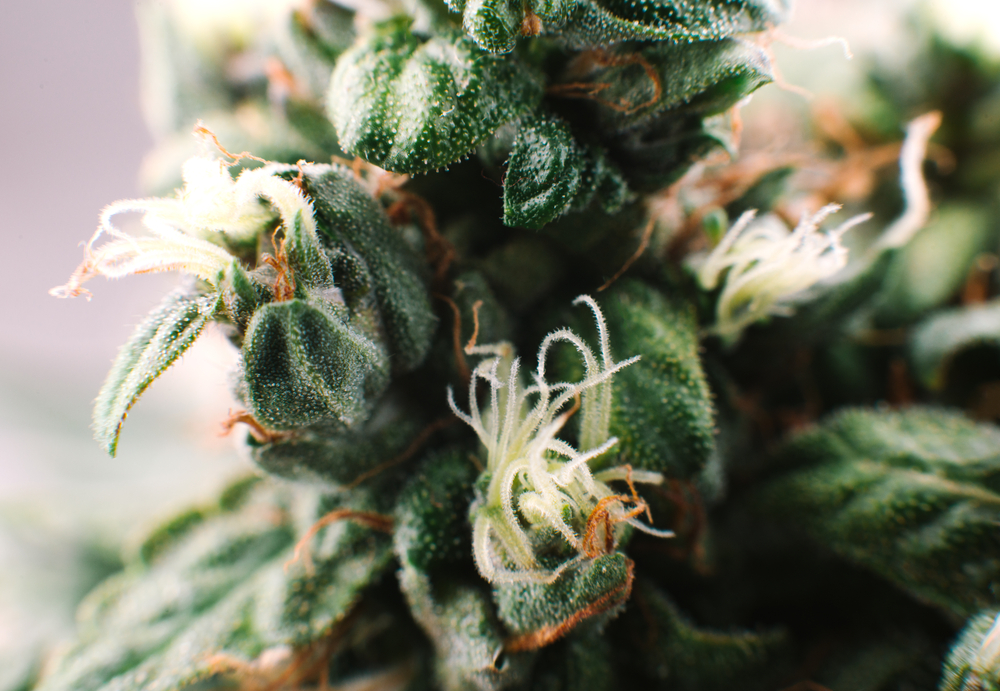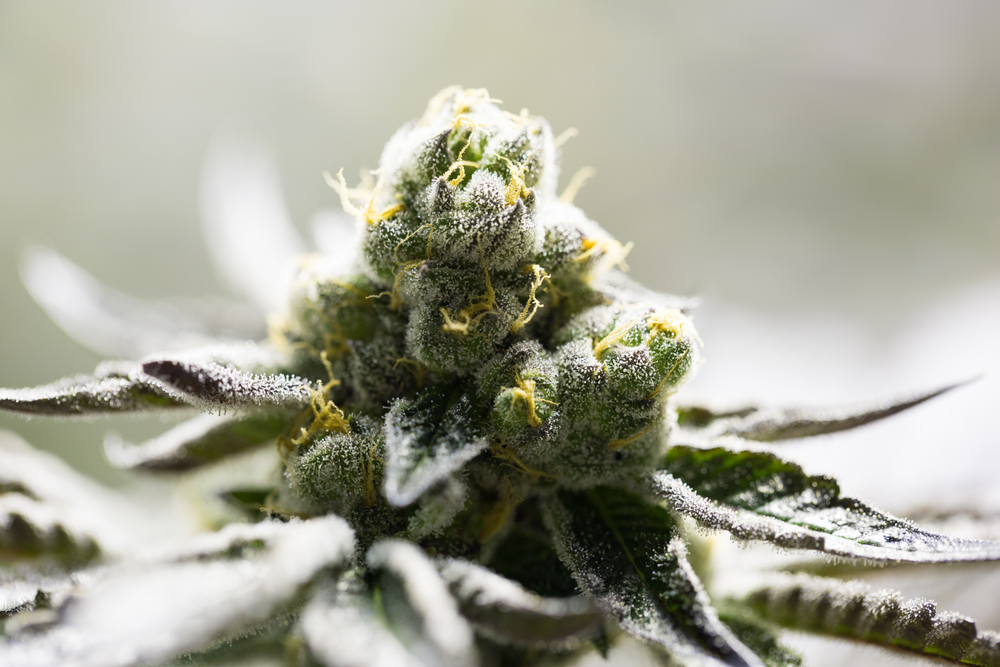Cannabis
What Delta-8-THC is & How it Differs From THC
You may already know that delta-9 THC, more commonly known as just straight-up THC, is one of over 100 different cannabinoids present in cannabis, but did you know that it has a very similar cannabinoid counterpart called delta-8-THC?
That’s right! When it comes to cannabinoids, it’s like a big family tree occurring inside your tree!
If you’re only familiar with the basic THC and CBD cannabinoids, that’s totally cool, too. However, if you’re interested in taking a deeper dive into one of the lesser-known cannabinoids, you’ve come to the right place!
Today, we’re expanding more on delta-8-THC, what it is, how it differs from delta-9-THC and its place in the greater cannabis industry.
So, prepare to gain a new type of nug – a nugget of knowledge!
Let’s get into it.
What is Delta-8-THC?
Whether you’re a regular toker or just an occasional smoker, if you’ve experienced the typical ‘high’ feeling and effects of cannabis, you’ve danced the dank tango with delta-9-tetrahydrocannabinol, more commonly known as delta-9-THC or simply THC.
THC is one of the most prominent cannabinoids present in marijuana and the compound that produces its psychoactive effects.
In other words, THC can also stand for totally chill because its effects are what make you feel all kinds of excellent.
If you’re not as familiar with delta-8-THC, don’t sweat it. Not many people are. However, they do have some pretty substantial differences so it’s important to not use these terms interchangeably!
You’ll notice that both delta-8 and delta-9-THC have numbers in their names. Those numbers talk about the placement of a chemical bond. This placement is important because, between these two cannabinoids, the bond is in a different location.
The bond in delta-8-THC is one step over from where it’s situated in delta-9-THC. So, while they share a very similar molecular structure, the location of this bond shows up on the eighth carbon rather than the ninth.
You’re probably thinking, “So? The placement of one tiny bond can’t make them that different.” Au contraire!
While delta-8-THC and delta-9-THC share many similarities, discrepancies such as these result in the two having a few key differences worth mentioning.
Is Delta-8-THC Natural or Synthetic?

This question is a bit tricky to answer, and we’ll tell you why.
Delta-8-THC is found naturally occurring within cannabis plants. However, it is also hemp-derived, meaning that you can extract delta-8-THC from both hemp and cannabis.
However, it’s difficult to extract naturally since it is only found in trace amounts.
While Canada recreational and medicinal marijuana has been legal since 2018, there are still regions where cannabis is illegal, which brings on its own set of issues.
Many places allow for the production of hemp, providing a grey area loophole that has some skeptical about the murky legal status of delta-8-THC products.
This suspicion is because producers and consumers can navigate this questionable legal status by generating delta-8-THC using hemp.
By doing so, they can reap the benefits of either using or selling something that produces similar recreational effects as delta-9-THC without incriminating themselves.
With such trace amounts, things can get expensive fast.
So, with this in mind, manufacturers have turned their attention to producing delta-8-THC using an entirely different method.
Instead of going the hemp route, many would rather cut costs by synthetically altering cannabidiol, otherwise known as CBD, and extracting the delta-8-THC that way.
This process involves dissolving CBD in a solvent – usually something ethanol-based – adding an acid to the mixture, extracting the solvent, and washing and neutralizing the solution.
So, if you’re asking whether delta-8-THC is natural or synthetic, it ultimately depends on where your products are coming from and who produced them.
This sentiment doesn’t even begin to cover the minimal evidence regarding the short and long-term effects of how delta-8-THC impacts the human body. Of the limited evidence there is in existence, most primarily comprise animal studies.
Not only that but the regulation and quality assurance of these black market delta-8-THC products are nominal at best, making purchasing them all the more sketchy.
THC vs Delta-8 – What are the Differences?
As we said before, delta-8-tetrahydrocannabinol and tetrahydrocannabinol THC are structurally quite similar. In this way, they provide some similar effects, including supplying relief for symptoms of anxiety, nausea, pain and can also help with appetite stimulation.
However, while they may produce similar benefits, distinct differences set these two compounds apart.
For instance, as we previously mentioned, delta-8-THC can be derived from hemp as well as cannabis. All this means is that you can extract it from cannabis plants or hemp using particular breeding, extraction and processing methods.
Additionally, because of that chemical bond we mentioned earlier, delta-8-THC will impact your body’s endocannabinoid system uniquely compared to delta-9-THC. One of the most prominent ways this difference presents itself is delta-8-THC supplying weaker psychoactive effects than delta-9-THC.

The weaker effects of delta-8-THC have earned it the moniker of “THC Lite” because, while the effects are similar, they aren’t as substantial. That said, don’t get it twisted. The lower intensity of the effects isn’t necessarily a bad thing!
Depending on your particular weed needs, it could be a practical alternative. For instance, if you have a lower tolerance level for THC or merely don’t want to be as incapacitated and would rather be more functional, delta-8-THC could serve as an ideal middle ground.
Delta-8-THC – Promising Properties, but More Research is Necessary
The outlook for the future of delta-8-THC and its place in the broader cannabis industry is promising. However, there are still quite a few questions left to be answered before it’s signed off as a safe controlled substance.
With a lack of sufficient evidence, potential side effects and the long and short-term effects are still relatively unknown.
If you are interested in giving delta-8-THC products a try, it is very much at your own risk.
Further research and testing are necessary to determine these items’ legitimacy and ensure that they earn a reputable and reliable place in the cannabis industry to the point where consumers can feel 100% safe.
Stay informed and be safe!

